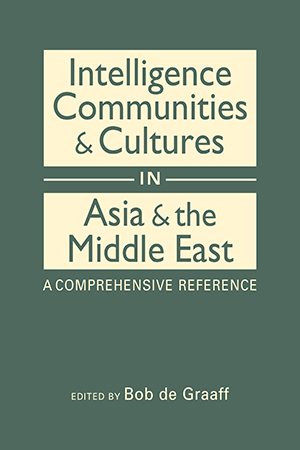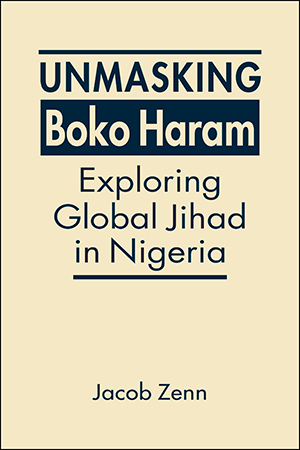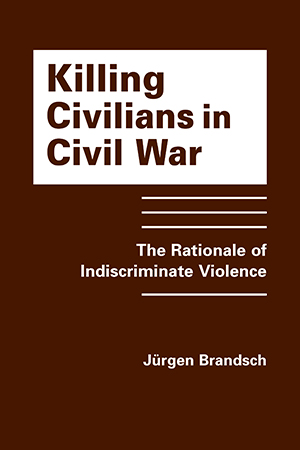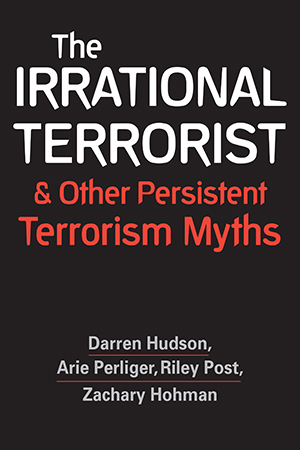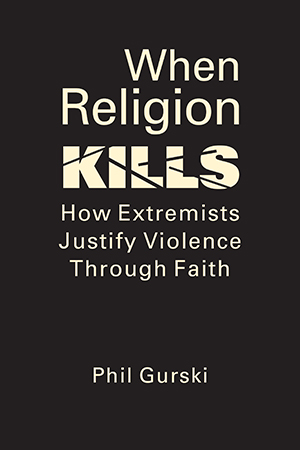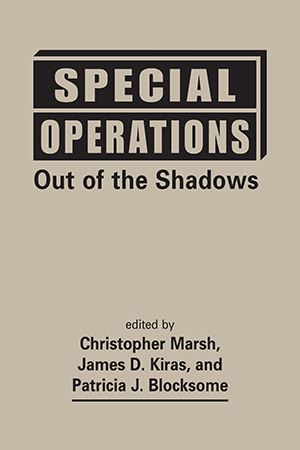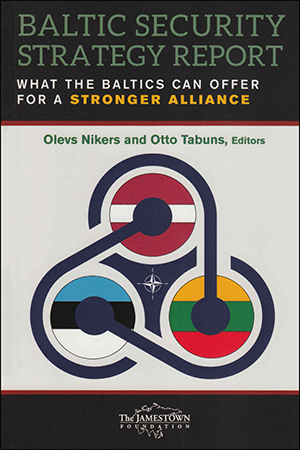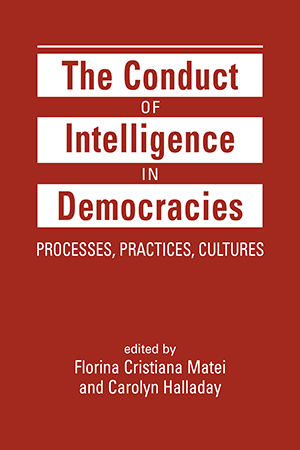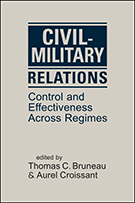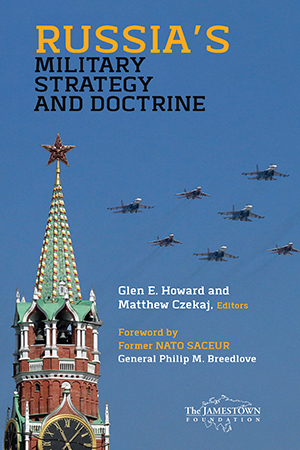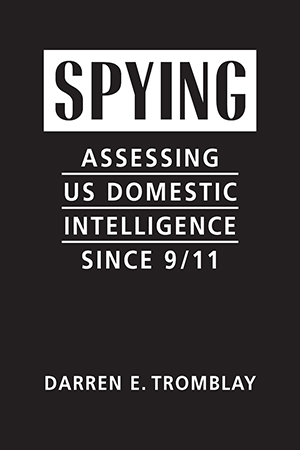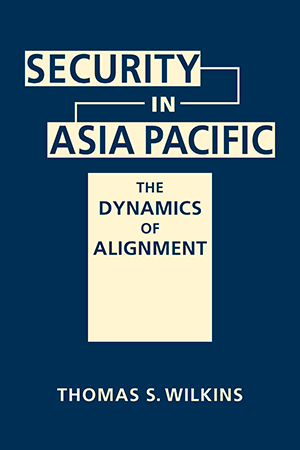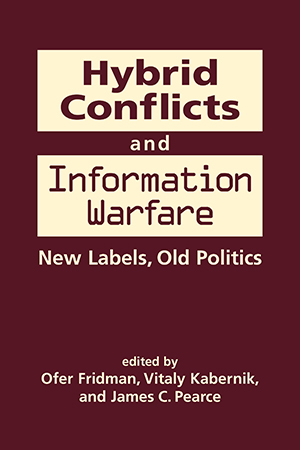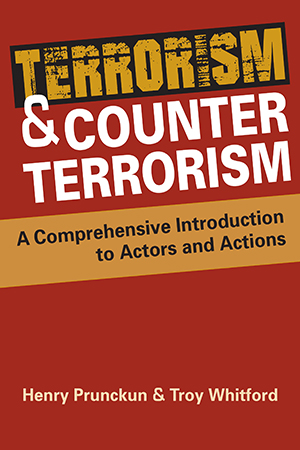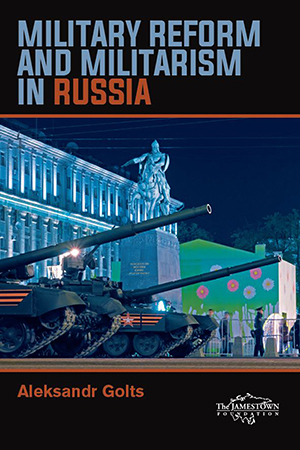Security and Intelligence Studies
How are intelligence systems structured in countries across Asia and the Middle East—from Russia to India, from Turkey to China and Japan, from Kazakhstan to Saudi Arabia? In what ways More >
The kidnapping of 276 schoolgirls from the village of Chibok, Nigeria, in 2014 drew the world's attention to the previously little-known extremist group Boko Haram. Numerous questions More >
Conventional wisdom tells us that targeting civilians in civil wars makes little sense as a combat strategy. Yet, the indiscriminate violence continues. Why? To tackle this vexing More >
Opinion surveys show that what the public assumes it knows about terrorism is at best a badly distorted view. Recalling the "Flat Earth" phenomenon, early misconceptions have More >
Christian fundamentalists. Hindu nationalists. Islamic jihadists. Buddhist militants. Jewish extremists. Members of these and other religious groups have committed horrific acts of terrorist More >
Why have special operations forces become a key strategic tool in the conduct of modern warfare? How do these specially trained and equipped elite units function? What types of missions do More >
This in-depth security review of Estonia, Latvia, and Lithuania assesses current challenges pertaining to defense and deterrence, societal security and resilience, economic security, and More >
What are the role and place of secret services and covert operations in democratic settings? How do states balance the need for both secrecy and openness? What are the challenges to creating More >
How does civilian control affect military effectiveness? Can a balance be achieved between the two? In-country experts address these questions through a set of rich comparative case studies. More >
How does Russia fight wars? How are its experiences with modern conflicts shaping the evolution of its military strategy, capabilities, and doctrine? Addressing these questions, the More >
Initiated in the aftermath of the September 11 terrorist attacks, have the reforms of the US intelligence enterprise served their purpose? What have been the results of the creation of the More >
The complex security dynamics of the pivotal Asia Pacific region, involving disparate and contentious power blocs, clearly have implications far beyond the region itself. Thomas Wilkins More >
What is hybrid warfare? And what role does information play in today's conflicts? In the context of the technological/information revolution of the last two decades—which has More >
What is terrorism? How do terrorists operate—what are their means, targets, and motivations? How can governments prevent terrorist attacks from happening? Henry Prunckun and Troy More >
Aleksandr Golts traces the evolution of the Russian military, from the collapse of the Soviet Union to the incursions in eastern Ukraine in 2014–2017. Golts also sheds light on the More >


